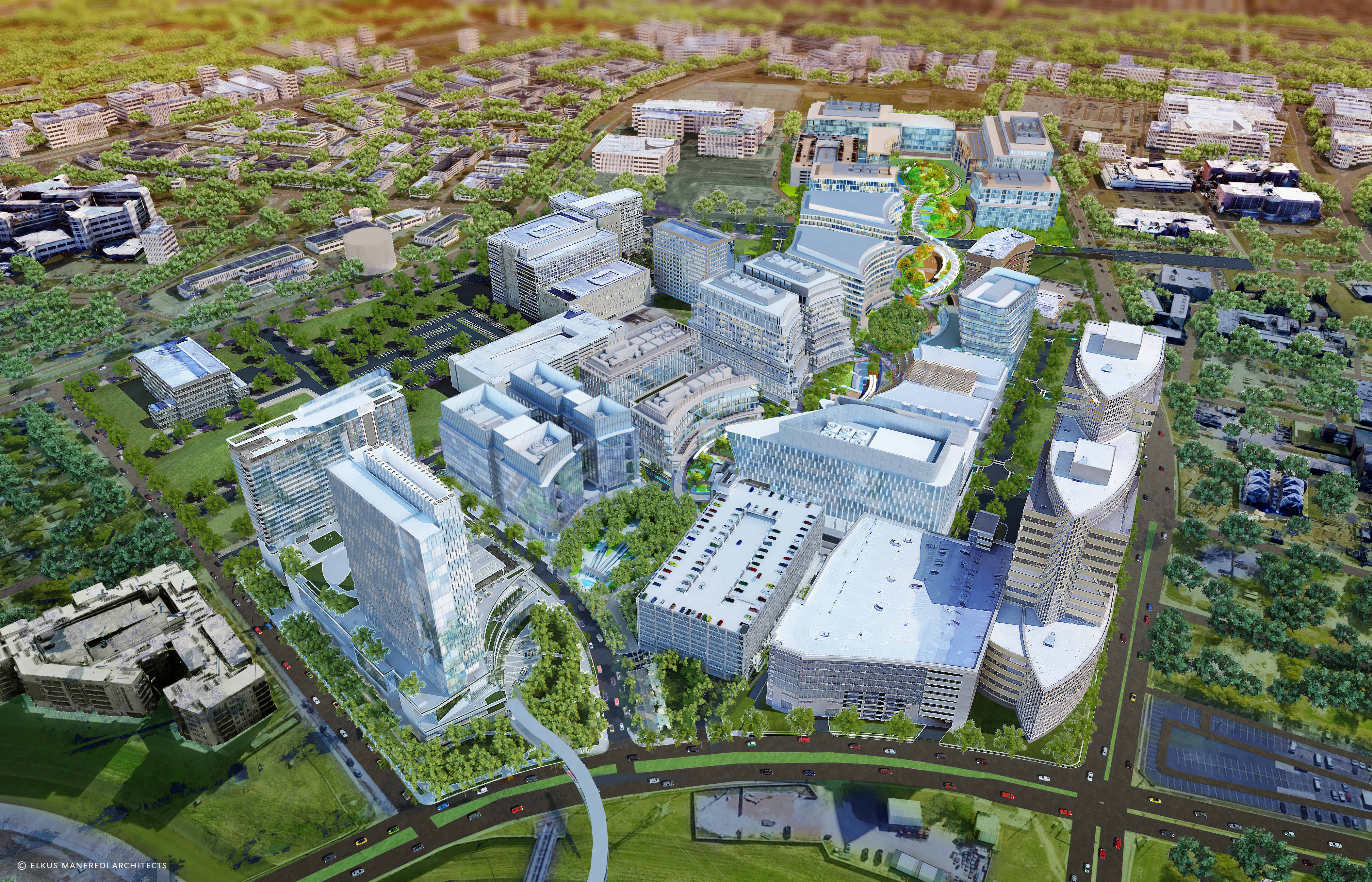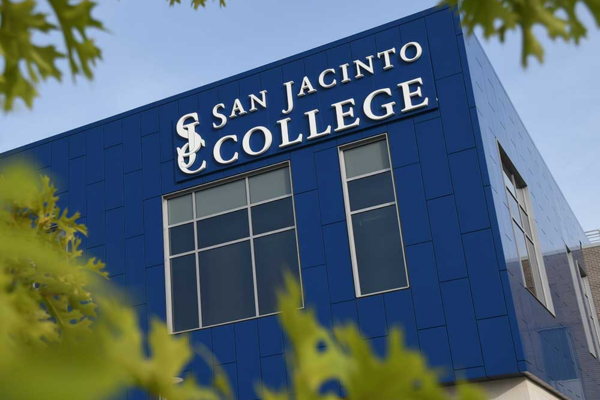Bill McKeon: Investing in Education Key to Advancing Houston's Life Sciences Ecosystem
Published Jun 09, 2022 by Brina Morales
As industry leaders work to advance Houston’s life sciences ecosystem, investing in education will be critical to its success, according to Bill McKeon, President and CEO of the Texas Medical Center.
McKeon discussed how Houston has positioned itself as the “Third Coast” for life sciences and how leaders are working to strengthen the region’s ecosystem during the latest installment of the Partnership’s Why Houston webinar series.
“It took Boston 20 years to establish what they have today,” McKeon said as he discussed the progress on the construction of TMC3. The transformational research hub will serve as a life sciences cluster for leading researchers and industry experts.
McKeon said TMC3 project leaders have spent time in Boston to learn about its life sciences hub and learn from their initial mistakes. One of the takeaways was to invest in retail and green space from inception, McKeon said.
“We’re putting hundreds and millions of dollars into those parks, into our retail where anyone in economics would say, ‘Don’t do that. You’re not going to see the return. You’re going to lose it.’ It’s about investing in the community just like city has made such great investments in our parks through our great philanthropy,” McKeon said.
Houston is considered one of the top destinations for medical research and clinical trials. In fact, the Houston region accounts for 20% of all clinical trials in the U.S. But one of the areas where we have an opportunity is education and talent, McKeon said. He pointed to Raleigh-Durham, N.C., which has invested in life sciences education as early as 5th grade. High schoolers can graduate with two-year certificates and enter the workforce upon graduation.
“Nothing excites me more than to know that we could have the largest number of students coming out of our high school with jobs waiting for them,” McKeon said as he pitched the idea of piloting a program with the Houston Independent School District.
Another opportunity lies in building on discoveries in the Houston region instead of forcing companies or researchers to send their products for development to either coast, McKeon said. He spotlighted MD Anderson’s recent announcement about a joint venture with National Resilience, Inc., to launch the Cell Therapy Manufacturing Center. The partnership will accelerate the development and manufacturing of innovative cell therapies for patients with cancer.
“We want those jobs here. We want those companies created here,” McKeon said. The Cell Therapy Manufacturing Center will be located on the TMC campus.
Suburban districts like Pearland and The Woodlands are also growing their life sciences industry, which should attract even more companies and talent to our region, McKeon said.
“We don’t see ourselves as the be-all, end-all. So, if something’s not a fit for TMC, then we want them to go to other parts of the city. A win for Houston is a win for us,” he said.
Discover why companies choose Houston and learn more about our life sciences & biotech industries.
 The Houston Report
The Houston Report



















